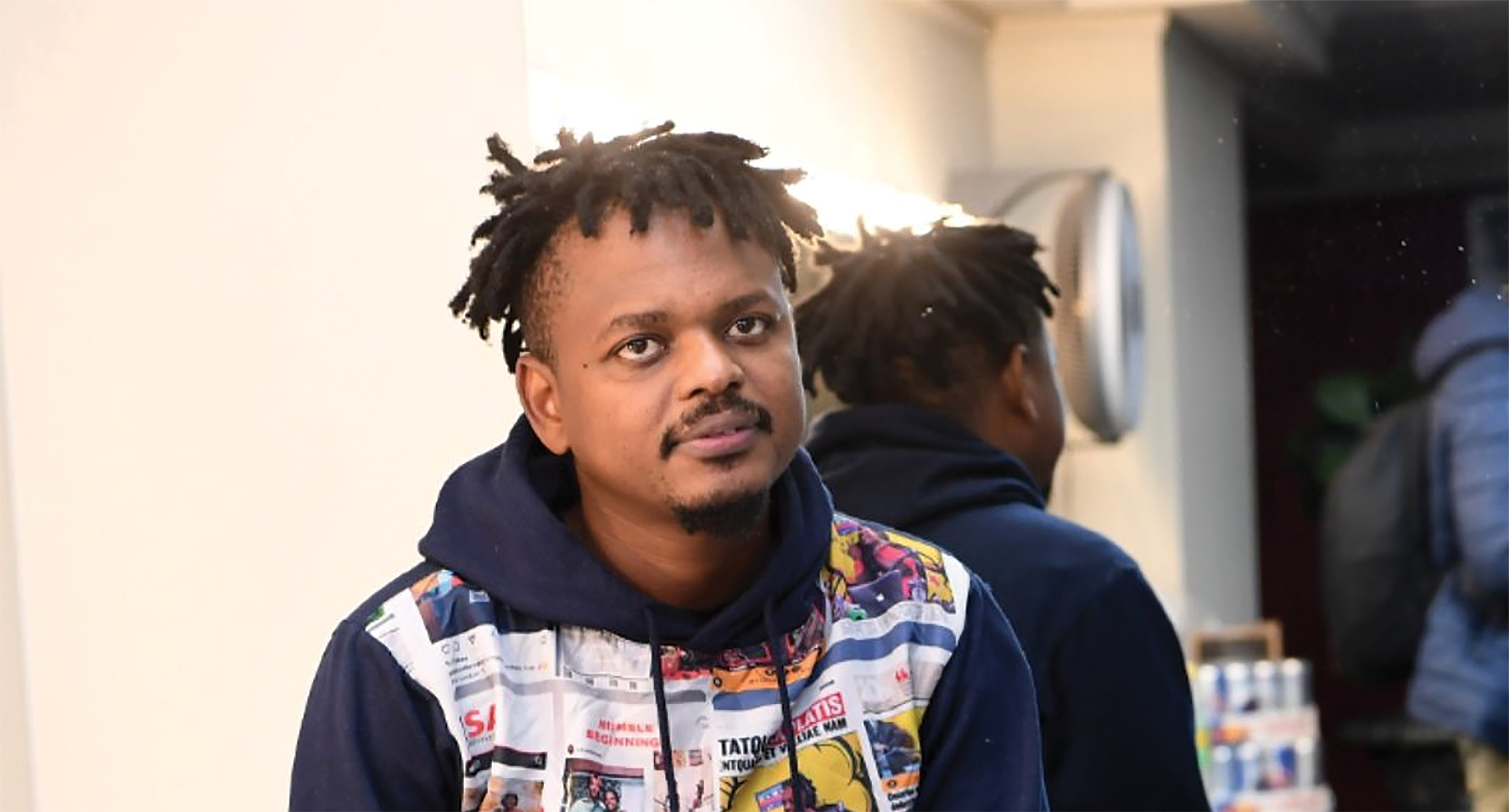FREE-FOR-ALL: Chauvinistic podcasters have no place in a constitutional democracy of Bill of Rights
By Ido Lekota
The recent uproar over derogatory remarks made by the host of the McGee and Chill podcast McGee Mukwevho about media personality Minnie Dlamini manifests a deeper societal challenge.

Recently, in a derogatory and misogynistic tone – which is to say deeply ingrained prejudices attitudes against women – the podcasters went to town undressing Dlamini, belittling her personality and humanity in a shockingly insensitive manner.
But how ought we navigate digital complexities in an age of cultural transition? Some voices in social media space have called for the controversial Podcast and Chill with Mac G to be censured, if not cancelled.
The incident underscores evolving tensions between free expression, accountability, and the pervasive influence of digital media in shaping public discourse.
Digital platforms such as McGee and Chill podcast have an important role to play as transformative tools by, among others, democratising communication within the prescripts of constitutionalism.
Currently anyone with internet access can share ideas globally bypassing traditional gatekeepers such as media conglomerates and publishers – as well as to diversify voices empowering marginalised groups such as LGBTQ+ to challenge dominant narratives and stereotypes.
Equally essential, podcasts can also be used to promote education and advocacy by hosting content that empowers communities. They can also contribute to community building projects by hosting content that fosters human solidarity among communities.
To effectively execute the above-mentioned responsibilities podcasts like McGee and Chill need freedom of expression so as to drive important discourses and challenge taboos in societies where they operate and represent the youth.
It may be that McGee and Chill podcast’s “edgy” style resonates with young Africans who feel excluded from traditional media.
That “edginess” includes using satire, criticism, and unfiltered opinions to help expose corruption, hypocrisy and social injustices.
The challenge is how to create the balance between freedom of expression and the responsibility of ensuring that such freedom is used for the benefit of all including the marginalized groups – such as women in a patriarchal society; and also ensuring that the podcast content does not promote exploitation but rather empowers the disempowered.
This means the hosts of McGee and Chill podcast must understand that while provocative content drives engagement, it can normalise hate-speech, misogyny, or misinformation (for example, the body-shaming utterances that Mukwevho made about Dlamini).
That the McGee and Chill podcast holds a dominant position in Africa’s podcasting landscape, should not absolve it from its ethical responsibilities – and accountability. Such balance would, for example, ameliorate the risk of misuse whereby the edgy content crosses into harmful territory such as body-shaming and misogyny.
The case between Mukwevho and Dlamini indicates that while digital platforms empower, their misuse can perpetuate inequality, violence and division. The case of Mukwevho’s derogatory remarks should not be seen as an isolated incident but a symptom of systemic issues in digital culture.
It is only by reimagining these spaces as tools for collective upliftment – rooted in ethics, accountability, and justice – that we can ensure they serve humanity’s highest aspirations, rather than its darkest impulses.
As for podcasters like Mukwevho, it is important they understand the immense power they hold, but such power should not be exercised outside ethical stewardship and considerations. Podcasters must also learn that free expression thrives not in a vacuum of responsibility, but in spaces where respect and truth coexist with boldness and dissent.
Most importantly, the line between “provocative” and poisonous must be navigated with intentionality – because words, even in a “chill” format can heal or harm.
• Ido Lekota is a freelance journalist and commentator





























